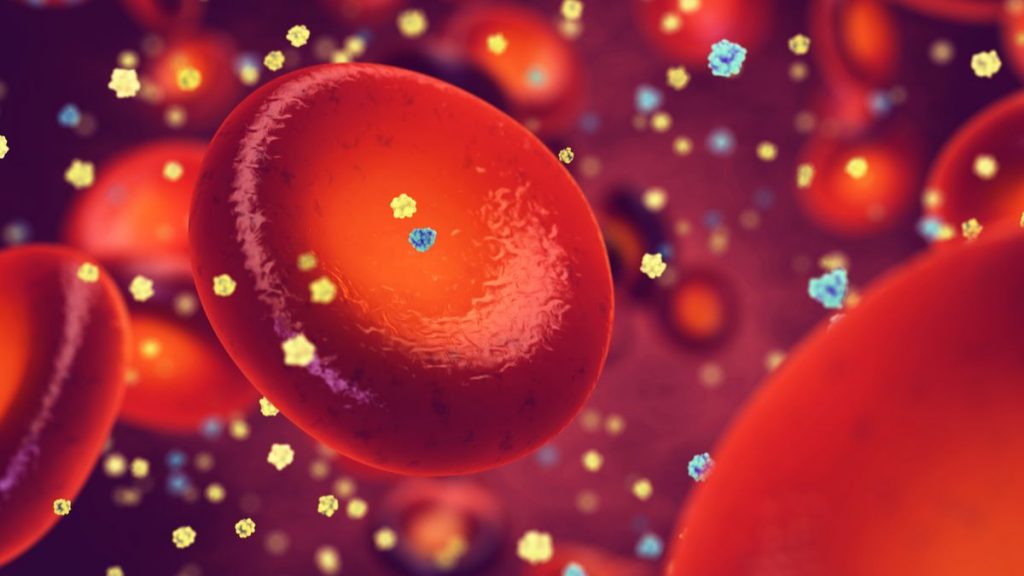Swedish researchers have identified a molecule that helps stimulate the growth of new insulin-producing cells, paving the way for potential new treatments for diabetes.
Stimulate the production of new beta cells
Diabetes is characterized by an imbalance in the production ofinsulin, a hormone that regulates the level of glucose in the blood and allows the body’s cells to use it as a source of energy. In type 1 diabetes, the immune system attacks the beta cells from the pancreas, which normally makes insulin, and destroys them, resulting in insufficient production of the hormone to meet this demand.
If the treatment of this form is currently based on regular injections of insulin, new approaches aim to restore normal production of the latter, by converting alpha cells into beta cells, or by using stem cells to produce new ones. .
For this new study published in the journal Nature Chemical Biologyresearchers from Karolinska Institutet looked at a small molecule that could help regenerate beta cells. Known as CID661578this had been identified in previous work, but its mode of action and influence remained largely obscure.

To find out, the team looked at its molecular interactions in yeast cells. It was found that CID661578 binds to a protein called MNK2which allowed two other proteins to interact at higher levels, significantly improving beta cell regeneration.
First promising results
If experiments carried out on zebrafish showed that the molecule caused a significant reduction in blood sugarthis triggered the formation of new beta cells in pig pancreas cells cultured in the laboratory, and increased insulin production oforganoids of human pancreas.
” Our results point to a potential new target for the treatment of diabetes, as we demonstrate a possible way to stimulate the formation of new insulin-producing cells “, valued Olov Anderssonlead author of the study.
For the Swedish scientists, the next step will be to study the effect of CID661578 and similar molecules in human tissues and to analyze its target protein, MNK2in tissues from healthy and diabetic donors.
[related_posts_by_tax taxonomies=”post_tag”]
The post This potential new diabetes treatment regenerates insulin-producing cells appeared first on Gamingsym.

